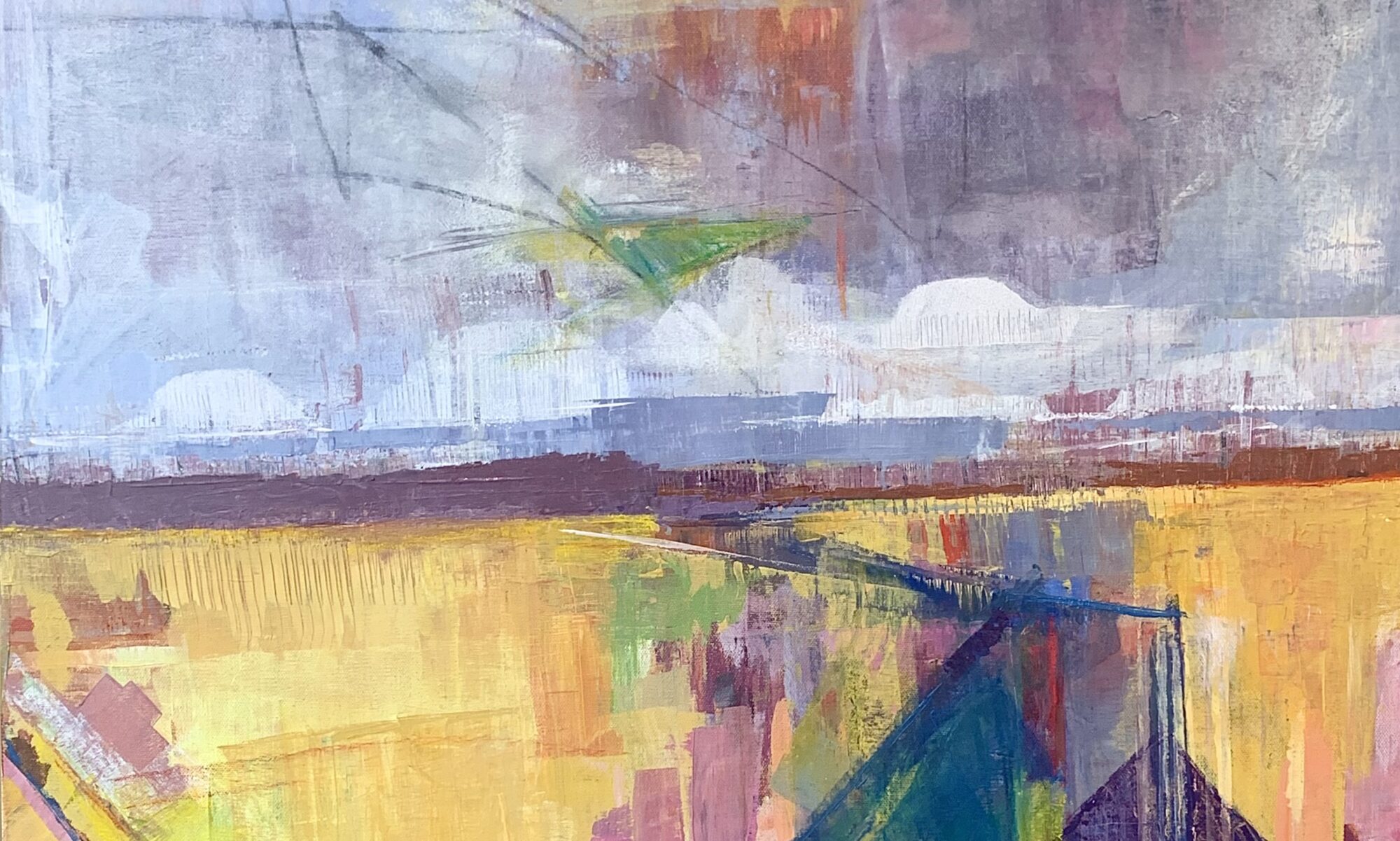I am currently reading Jay Appleton’s The Experience of Landscape. This 1975 text delves into the Prospect-Refuge Theory of Appleton’s. This theory suggests that there are biological, instinctual reasons for our appreciation of landscape. Appleton writes that we create symbols of prospect and refuge and these symbols filter our aesthetic interest in landscape.
“The strategic value of a landscape, therefore, whether natural or man-made, is related to the arrangement of objects which combine to provide collectively these two kinds of opportunity, [prospect and refuge] and when this strategic value ceases to be essential to survival it continues to be apprehended aesthetically.” (Appleton, 74)
Appleton goes on to analyze landscape in a very formulaic way. While I find the idea very compelling, it is still a little to simplistic for me. I always imagined our emotional and aesthetic reactions to be more complex. I am, of course, not done with the book yet and look forward to the rest of Appleton’s discussion.
